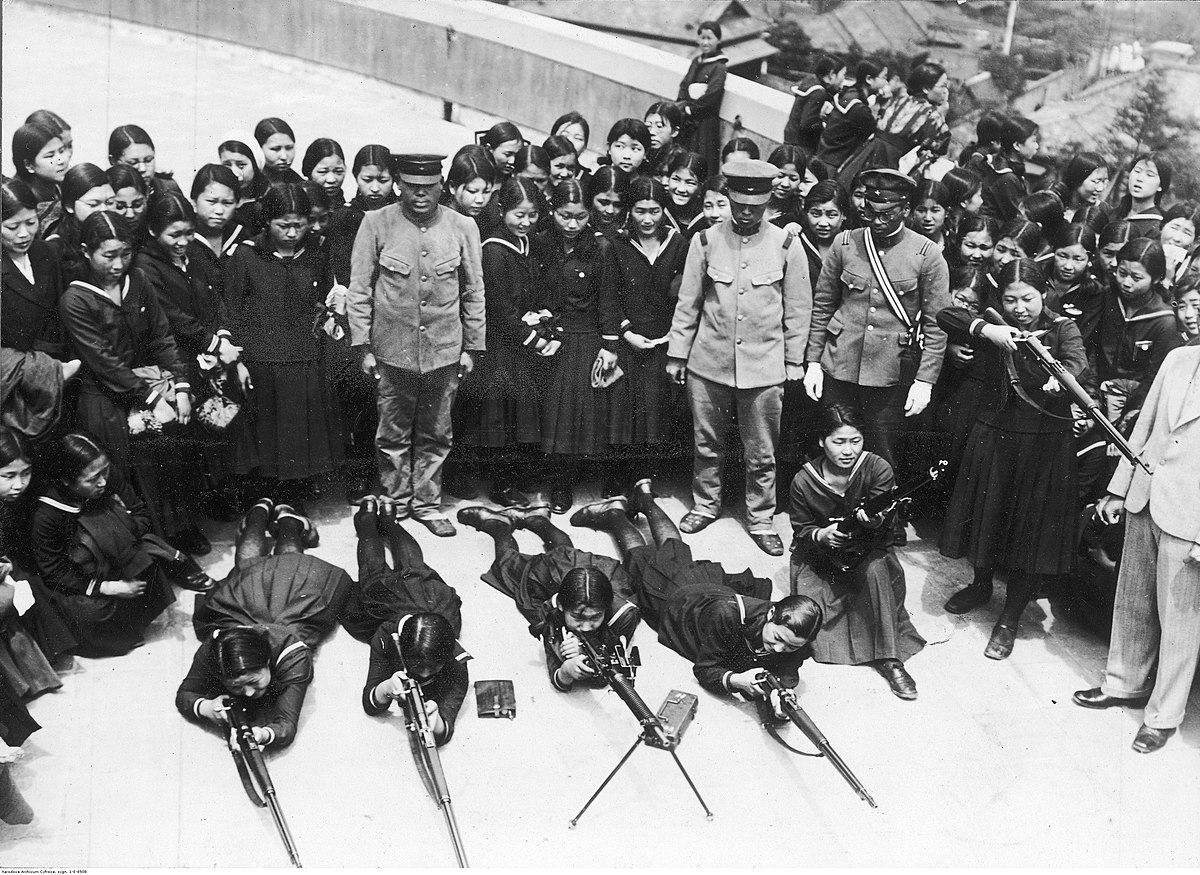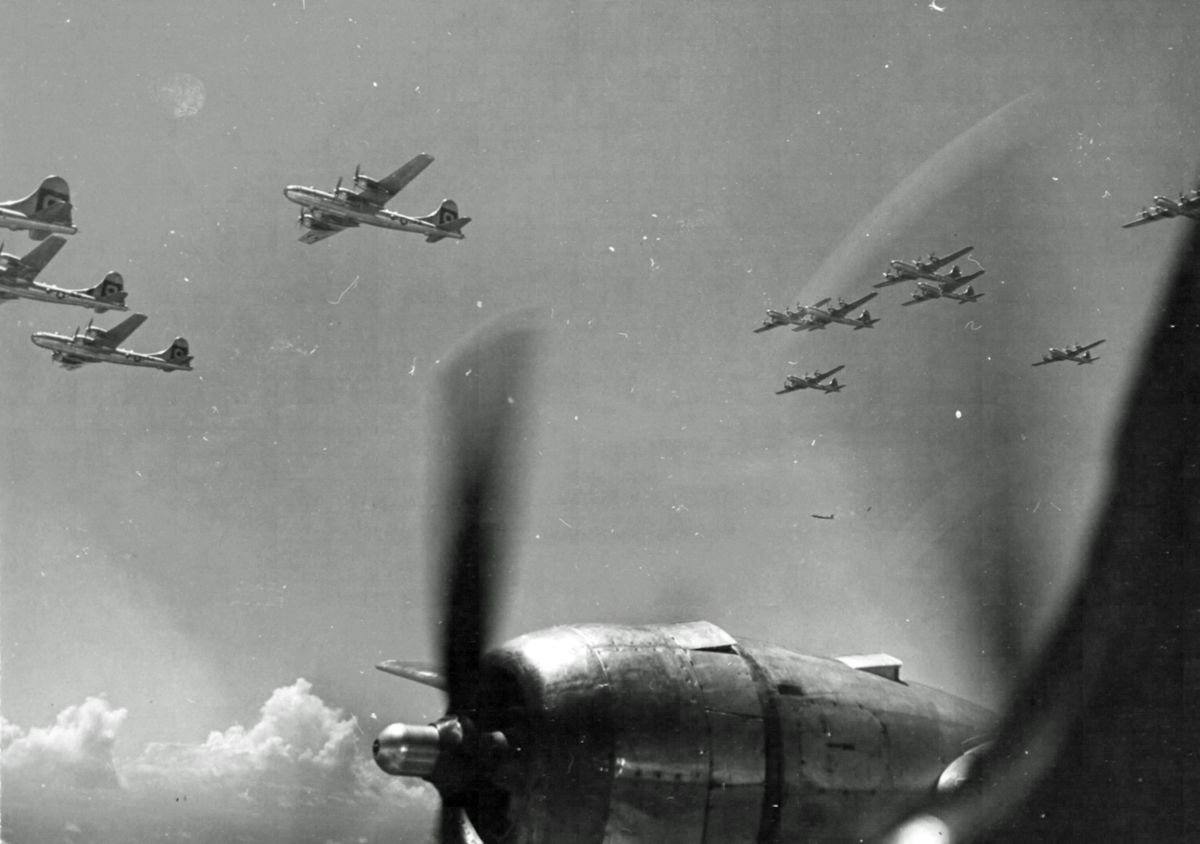- Joined
- Mar 7, 2018
- Messages
- 68,960
- Reaction score
- 22,530
- Location
- Lower Mainland of BC
- Gender
- Male
- Political Leaning
- Centrist
The Japanese population being “really aroused” at that point is totally irrelevant since they had no say whatsoever in how Japan was run.
What, were they going to fly their planes into American ships twice?
Maybe the average Japanese didn't have any more actual say in how Japan was being run then than the average American has any actual say in how America is being run now, but they most certainly had some say in whether or not an average American who had invaded the Home Islands lived or died.



